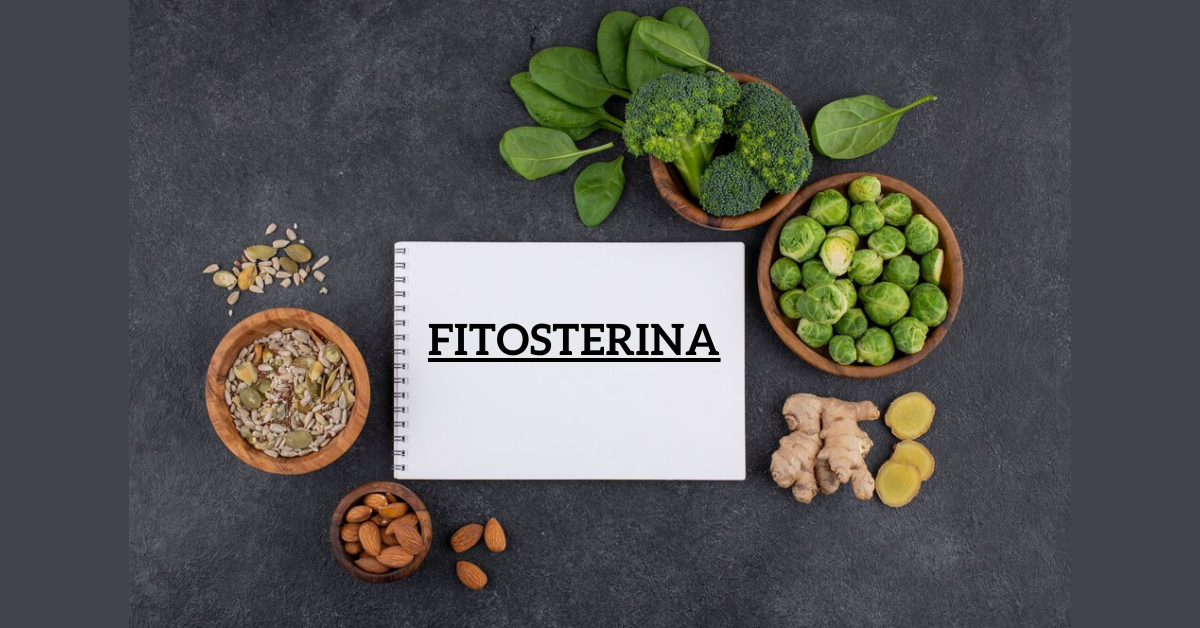Fitosterina , also known as plant sterols, are a group of naturally occurring compounds found in plant cell membranes. They share a similar structure to cholesterol, the well-known fatty substance found in animal products. However, unlike cholesterol, Fitosterina offer potential health benefits, particularly related to heart health. This article delves into the world of Fitosterina , exploring their properties, potential health benefits, dietary sources, and safety considerations.
Properties of Fitosterina
Fitosterina have a similar structure to cholesterol, with a four-ringed core and a side chain. However, the side chain differs between cholesterol and Fitosterina , influencing their function in the body. There are several types of Fitosterina , with beta-sitosterol being the most common and well-researched.
Here are some key properties of Fitosterina :
- Limited absorption: Unlike cholesterol, which is readily absorbed by the intestines, Fitosterina have a lower absorption rate.
- Competitive inhibition: Fitosterina compete with cholesterol for absorption in the intestines. This competition helps prevent the absorption of dietary cholesterol, potentially lowering blood cholesterol levels.
- Antioxidant activity: Some Fitosterina exhibit antioxidant properties, which may help protect cells from damage caused by free radicals.
Potential Health Benefits of Fitosterina
Research suggests that Fitosterina may offer a range of health benefits, particularly related to cardiovascular health. Let’s explore some potential benefits in detail:
- Lowering LDL cholesterol: Studies have shown that consuming Fitosterina can modestly reduce low-density lipoprotein (LDL) cholesterol, also known as “bad” cholesterol. This reduction can potentially lower the risk of heart disease and stroke.
- Improving blood vessel health: Fitosterina may improve the function of the endothelium, the lining of blood vessels. This can help maintain healthy blood pressure and blood flow.
- Anti-inflammatory effects: Some studies suggest that Fitosterina may possess anti-inflammatory properties, which could be beneficial for various conditions like arthritis and inflammatory bowel disease. However, more research is needed in this area.
- Cancer prevention: Limited research suggests that Fitosterina may play a role in cancer prevention. However, the evidence is currently inconclusive and further studies are necessary.
It is important to note that the health benefits of Fitosterina are most evident when combined with a healthy lifestyle, including a balanced diet and regular exercise.
Dietary Sources of Fitosterina
Fitosterina are naturally found in a variety of plant-based foods. Here are some good sources:
- Vegetable oils: Canola oil, soybean oil, and sunflower oil are rich sources of Fitosterina .
- Nuts and seeds: Nuts such as almonds, pistachios, and cashews, and seeds like sunflower seeds and sesame seeds contain significant amounts of Fitosterina .
- Legumes: Lentils, chickpeas, and beans are good sources of dietary fiber and also contain Fitosterina .
- Whole grains: Oats, wheat germ, and brown rice contain lower amounts of Fitosterina compared to other sources but can contribute to overall intake when included in a balanced diet.
- Fruits and vegetables: While lower in Fitosterina compared to other sources, fruits and vegetables can contribute to overall intake as part of a healthy diet.
Fortified Foods with Fitosterina
In addition to natural sources, some food products are fortified with plant sterols. These include:
- Margarine and spreads: Many brands of margarine and spreads are fortified with Fitosterina to promote heart-healthy benefits.
- Plant-based milk alternatives: Some milk alternatives made from soy, almond, or oat milk are fortified with Fitosterina .
- Yogurt: Certain yogurt brands may be fortified with Fitosterina for added health benefits.
It is important to read food labels carefully to identify products fortified with Fitosterina .
Safety Considerations of Fitosterina
Fitosterina are generally considered safe for most healthy individuals when consumed in moderate amounts. However, some potential side effects may occur:
- Digestive issues: Consuming high amounts of Fitosterina may lead to bloating, gas, and diarrhea.
- Nutrient absorption: Fitosterina can interfere with the absorption of some fat-soluble vitamins, such as vitamins A, D, E, and K.
- Medications: Fitosterina may interact with certain medications, such as cholesterol-lowering drugs. It is crucial to consult with a healthcare professional before consuming high doses of Fitosterina if taking any medications.
Pregnant and breastfeeding women, and individuals with specific health conditions, should consult with a healthcare professional before increasing their intake of Fitosterina .
Conclusion
Fitosterina are plant-based compounds with a similar structure to cholesterol, but with potentially beneficial health effects. Their ability to compete with cholesterol absorption offers a natural way to potentially lower LDL cholesterol levels and improve heart health. While research on their wider health benefits like anti-inflammatory effects and cancer prevention is ongoing, their inclusion in a heart-healthy diet shows promise.
